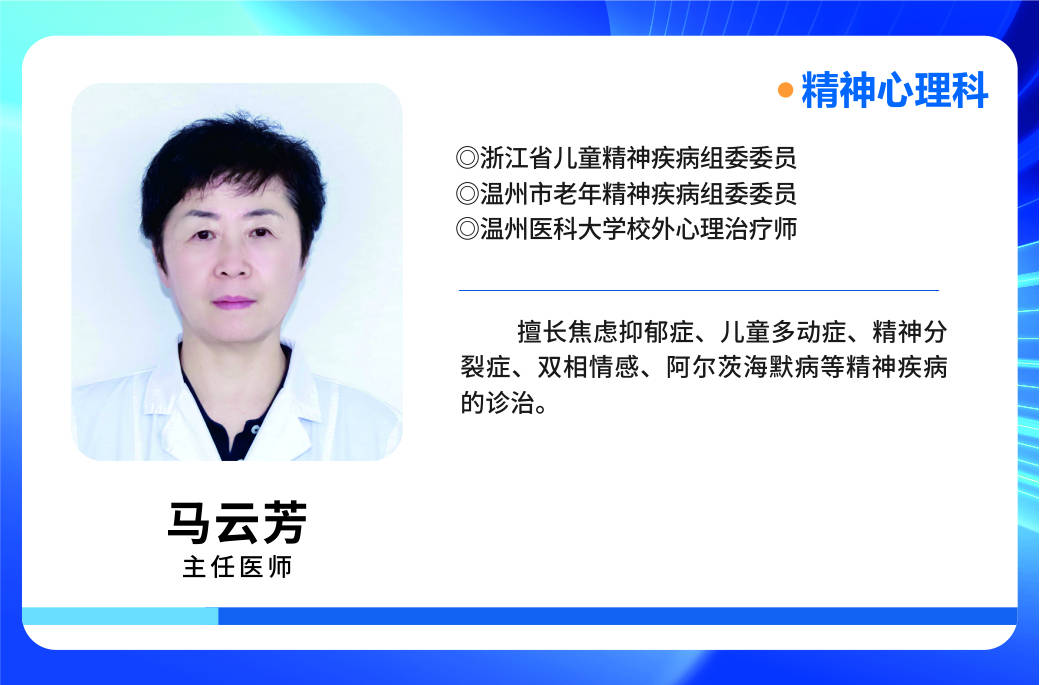In this fast-paced era, each of us carries more or less pressure. Occasionally feeling down or unhappy seems like an indispensable seasoning in life, reminding us of the need for timely rest and adjustment. However, when this “unhappiness” continues to spread, affecting daily life and even becoming an unspeakable burden, we may need to be cautious about “depression.” Today, let’s uncover the mysterious veil of depression together, differentiate it from ordinary unhappiness, and step into the Mental Health Department of Shenzhen LianSheng Neurology Hospital to explore a new chapter of spiritual healing.
I. Depression is not just an upgraded version of “unhappiness.”
Emotional Depth and Persistence
Unhappiness, like a sudden summer afternoon shower, comes and goes quickly. It may stem from a failed experience, a relationship setback, or life’s trivial annoyances. In contrast, depression is more like continuous drizzle – a persisting state of low mood, discouragement, loss of interest and energy, lasting for weeks to months, severely disrupting an individual’s work, study, and social activities.
Dual Impact of Physiology and Psychology
When unhappy, we might feel emotionally heavy. However, individuals with depression may experience a range of physiological symptoms such as sleep disturbances (early awakening or oversleeping), changes in appetite (overeating or loss of appetite), weight fluctuations, increased fatigue, lack of concentration, memory impairment, and more. These physical changes often intensify mental anguish.
Changes in Cognition and Behavior
When unhappy, we can still maintain hope for the future and the ability to take positive action. But individuals with depression may get trapped in negative thinking loops, self-deprecation, loss of confidence in the future, and even suicidal ideation. Behaviorally, they may become isolated, avoid social interactions, and lose interest in previously enjoyed activities.
If you notice the following signs, be cautious:
Here is a relatively simple depression screening questionnaire. If you experience the following conditions for more than two weeks, it is important to be vigilant:
– Loss of interest in daily life, anhedonia;
– Depressed mood, inability to feel happiness;
– Significant decrease in energy, unexplained persistent fatigue;
– Decreased attention and memory;
– Low self-esteem, self-blame, guilt, pessimism about the future;
– Slow thinking, delayed responses, difficulty with associations, noticeable decline in cognitive abilities;
– Recurrent thoughts of ending life or suicidal behavior;
– Insomnia, early awakening, or excessive sleep;
– Appetite issues such as loss of appetite, significant weight loss, or binge eating;
– Marked decrease in desire or motivation.
II. Shenzhen LianSheng Neurology Hospital Mental Health Department: Illuminating the lighthouse of the soul
Professional Team, Precision Diagnosis and Treatment
The Mental Health Department of Shenzhen LianSheng Neurology Hospital brings together a professional team consisting of senior psychiatrists, psychotherapists, and psychologists. With extensive clinical experience and advanced diagnostic and treatment techniques, they provide personalized, comprehensive diagnostic and therapeutic services for patients. Through scientific evaluation and diagnosis, they ensure that each patient receives the most suitable treatment plan.
Integrated Treatment, Comprehensive Recovery
The Mental Health Department of Shenzhen LianSheng Neurology Hospital employs a comprehensive treatment approach combining medication, psychotherapy, physical therapy, and rehabilitation training for depression. Medication aims to regulate the balance of brain neurotransmitters and alleviate depressive symptoms. Psychotherapy, through cognitive-behavioral therapy, psychological education, etc., helps patients develop a positive mindset and enhance their ability to cope with stress. Physical therapy such as transcranial magnetic stimulation (TMS) offers new treatment options for treatment-resistant depression patients. Rehabilitation training focuses on restoring the social functioning of patients, promoting their early return to normal life.
Human Care, Warmth accompanying
Here, every patient is regarded as a unique individual and receives full respect and understanding. The hospital advocates a “patient-centered” service concept, creating a warm and comfortable treatment environment for patients. Medical staff use their professional knowledge and endless compassion to accompany patients through every difficult journey, allowing the soul to be reborn in care.
III. Conclusion: Embrace the sunlight, starting from understanding
Depression, although seemingly distant, is not far from each of us. It affects countless people’s quality of life regardless of age, gender, or occupation. However, remember that depression is not an unbeatable monster; it can be identified, understood, and treated. Through scientific knowledge, professional treatment, and social support, we have the ability to overcome it and regain the colors of life. Shenzhen LianSheng Neurology Hospital Mental Health Department, as the guardian of your mental health, is willing to walk hand in hand with you to find brightness on this challenging yet hopeful road. Let’s embrace the sunlight together, dispel the shadows in the soul, and welcome a better future.


